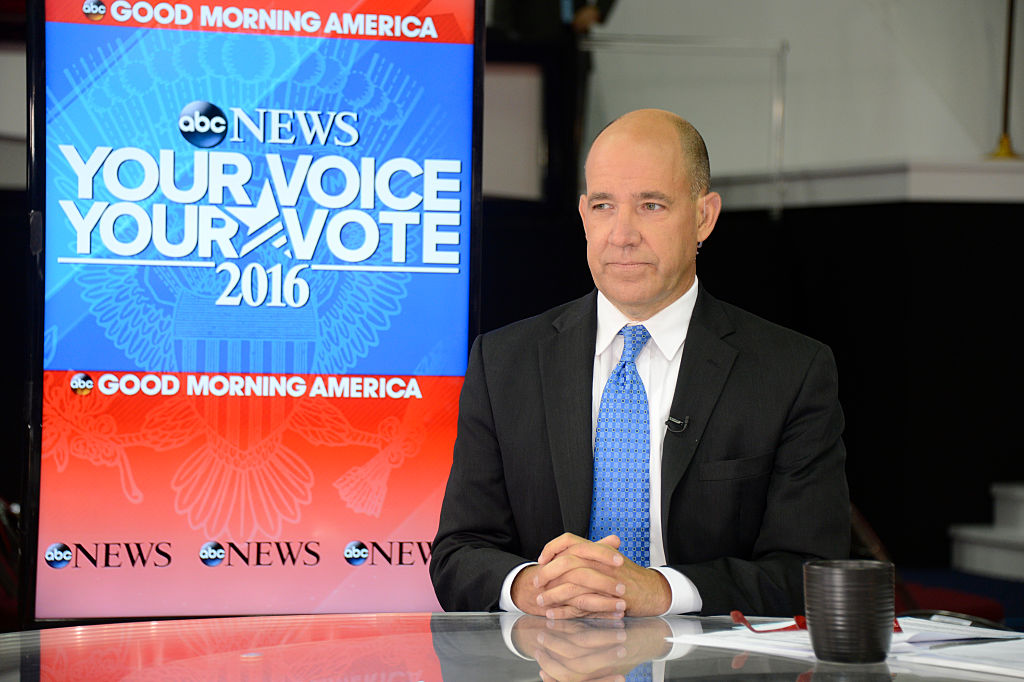By Sean Hunter
Copyright jis

Bail is one of the most important safeguards in the justice system, offering individuals arrested or detained a chance to secure their freedom while investigations continue.
Granted by a court, a judge, a Justice of the Peace (JP), or a senior police officer of Superintendent rank or higher, who is not directly involved in the case, bail helps to balance law-enforcement needs with the rights of citizens. Yet, misconceptions about when and how bail applies often fuel confusion during encounters with the police.
Speaking recently on the Police Civilian Oversight Authority (PCOA) Pon Di Corner Podcast, Assistant Commissioner of Police (ACP), Desmond Brooks, from the Inspectorate and Professional Standards Oversight Bureau (IPSOB) of the Jamaica Constabulary Force (JCF), sought to provide critical insight into the bail process.
He emphasised that bail is a fundamental right for most offences. “The fact that it is a right… there are a few occasions in which bail may not be offered by the Police,” he said.
Mr. Brooks mentioned those circumstances where the Police cannot responsibly grant bail.
“The first obvious one is for the suspect’s own safety. By bailing the person, it could very well jeopardise his or her own safety. Then it be well advised to keep the person in custody,” he said.
“A person who is in custody and having been convicted and is to be sentenced, that person obviously cannot be bailed. If a person has absconded custody (broken out of jail) and is brought back in, they cannot be bailed,” he noted.
ACP Brooks further stated that bail is denied persons who initially received bail but failed to comply with the stipulations of the bail agreement.
“Even for that matter, the person was granted bail but failed to turn up at their appropriate time for court and a bench warrant has been ordered, that person is taken into custody and, certainly, that person cannot get station bail,” he said.
Still, he emphasised that for minor offences like violating the Offences Against the Person Act, bail is allowed.
“Like wounding, malicious destruction of property, offences against the Town and Communities Act, resisting arrest, assaulting the Police and indecent language,” bail can be given, ACP Brooks said.
For those offering to stand surety, essentially guaranteeing that an accused person will appear in court, ACP Brooks explained the requirements.
“You will need a few things. First thing is proof of identity, and that is a government-issued identification. The other thing you will need is proof of address, and normally that’s a utility bill, and then you need proof that you have good standing as a citizen,” he said.
Good standing, ACP Brooks explained, can be established by obtaining a letter from a Justice of the Peace.
“This letter should state that you are of good standing. Sometimes a motor-vehicle document, a land title… if you are using property, then the value of the property should be equivalent to the bail amount,” he said.
When a person has been arrested the law dictates that they should be brought before the court swiftly, so that the determination can be made on granting bail.
ACP Brooks emphasised that this must be facilitated, as bail is a right of an individual who is in trouble with the law.
“We start out by saying that bail is a right, so the person should be taken very quickly to court,” he said.
In circumstances where the offender is a child (anyone below 18 years old), the senior policeman stressed that they must never be treated like adults in custody.
“First thing, the JCF’s standard operating procedure requires a separation, it requires that children are placed in child custody or custody designated for children,” ACP Brooks explained.
He added that responsibility is shared with the Child Protection and Family Services Agency (CPFSA).
“Once we have children, we also now hand them over to the CPFSA because there are some procedures we have to adhere to; for example, you cannot question them without their parents, and they are not housed in the same lock-ups as adults,” ACP Brooks said.
He pointed out that while the JCF has designated spaces for children, they must be quickly moved into the custody of the CPFSA.
“Children are taken to Metcalfe Street Juvenile Centre [if they are in Kingston], they are held there, some on remand, but the SOP (Standard Operating Procedure) states that once a child is taken into custody for any reason and is charged, then you have to call the Child Protection and Family Services Agency and they will determine where that child goes. We have a few facilities that are strategically placed across the island and Metcalfe Street is just one of them,” ACP Brooks said.
He encouraged citizens to read the JCF’s Public Interaction Policy to know what is expected should they come in contact with law enforcement.



